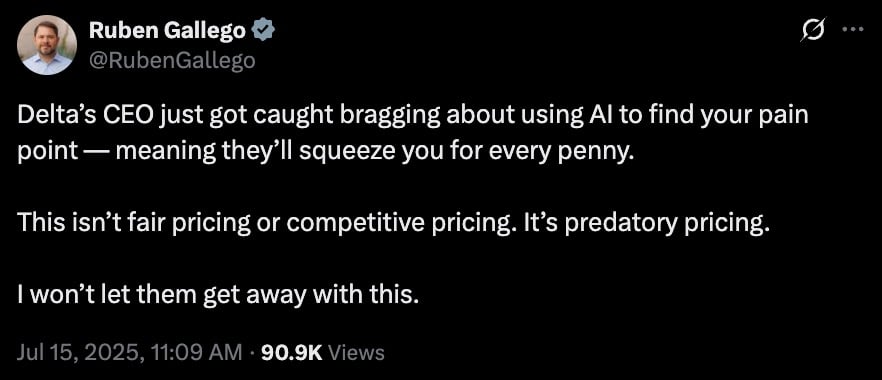Will this backfire with them having to reverse course? Another conclusion is the eventual inclusion of it with your social credit and carbon score. In the beginning, they probably won’t deny you being able to travel, but they will make it financially prohibitive, unless of course you buy some carbon credits somewhere, like a green electricity plan, or getting the carbon credits from home solar (currently taken my manufacturer or installer I believe). The OCGFC are really trying to implement a system where they can profit from literally nothing. And some of their main sources of income are from what God has made already, as it isn’t dinosaurs. There are mechanisms within the earth to make oil and natural gas, and why we’ve never hit peak oil and they keep finding more, a concept Russian geologists discovered. Of course, the west knows this as well, but the peak oil psyop was used to keep prices artificially high for decades as yet another wealth transfer scheme of the Owners and Controllers of Global Financialized Capital, OCGFC.
https://reclaimthenet.org/delta-rolls-out-ai-based-personalized-airfare-pricing
Delta’s experiment with algorithmic airfare dives straight into the gray zone where personalization meets economic profiling.
By Ken Macon

Delta Air Lines is experimenting with a new AI-powered pricing model that adjusts fares based on profiling individual customer data, rather than traditional factors like seat availability or time of booking.
This system, developed in partnership with Israeli tech company Fetcherr, is already being used on a small percentage of domestic flights, with plans to expand to one-fifth of all domestic bookings by the end of the year.
Instead of offering uniform prices for the same flight, the AI tool tailors fares by analyzing each traveler’s digital profile. This could include their purchase history, browsing behavior, and potentially even financial background.
While Delta has framed this as an innovation designed to maximize efficiency and revenue, it could reshape airfare pricing in troubling ways.
Delta President Glen Hauenstein acknowledged that about 3 percent of domestic flight sales have been made using this new AI model over the last six months.
The goal, he said during a recent earnings call, is to increase that to 20 percent. Hauenstein expressed strong support for the strategy.
The airline has suggested it may eventually abandon static pricing entirely if early trends continue. But the lack of public insight into how the system functions is fueling concerns about fairness, privacy, and legality.
Without transparency, there’s no way to determine whether the algorithm complies with federal anti-discrimination laws.
Delta has not said whether it will publicly release data from its pilot program, nor has it committed to disclosing how price variations occur.
Still, the airline could face challenges as it pushes this system further. The Federal Trade Commission is already evaluating whether personalized pricing practices violate existing consumer protection laws.
Lawmakers are also starting to examine how pricing algorithms affect competition and consumer choice.
Senator Ruben Gallego of Arizona has publicly pledged to block Delta’s AI pricing rollout, signaling growing political resistance to the practice. If other airlines follow Delta’s lead, the issue could quickly become a broader flashpoint for both privacy and economic fairness.

As a short-term safeguard, travelers could use VPNs when shopping for flights in order to conceal some personal information that may influence pricing.
With companies like Fetcherr looking to expand into other sectors of the travel industry, the arrival of AI-driven pricing may not stop at airfare. For travelers, the growing influence of algorithmic decision-making raises urgent questions about transparency, equity, and the role of personal data in determining what you pay.